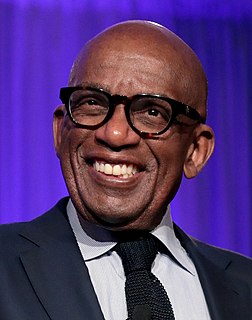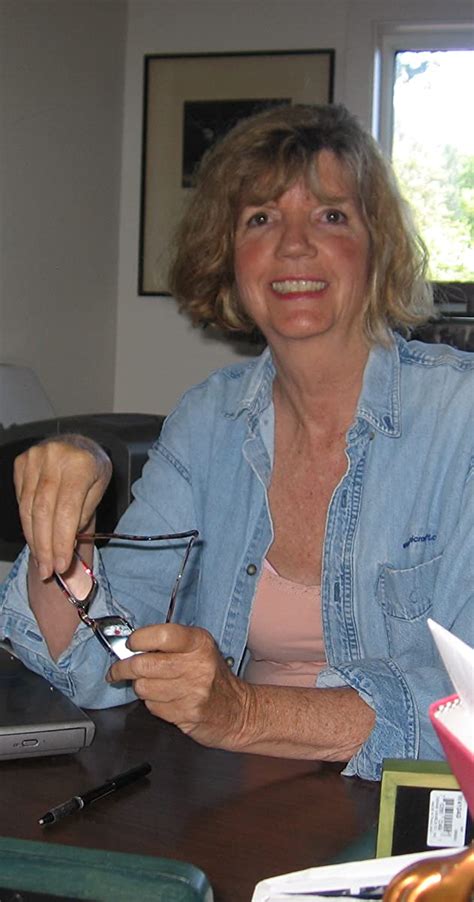A Quote by Richard Thaler
I think one lesson we have to learn is that there's a lot more risk than we're giving credit to, a lot more what economist calls systematic risk.
Related Quotes
To laugh is to risk appearing a fool. To weep is to risk appearing sentimental. To reach out to another is to risk involvement. To expose feelings is to risk exposing your true self. To place your ideas and dreams before a crowd is to risk their loss. To love is to risk not being loved in return. To hope is to risk pain. To try is to risk failure. But risks must be taken, because the greatest hazard in life is to risk nothing.
My experience, with both my parents, is that grief has a lot of down, sad things, but I was also really emotionally raw, in the first year after each of them passed. Flowers smelled more intensely, my relationships were hotter, and I was more willing to risk. I was going for it a lot more. I was 'unsober' and I wasn't playing by my rules.
I wasn't doing it to shock anybody or to be rebellious or to get attention making "Heart-Shaped Glasses" with Marilyn Manson. I was more proud of that than anything because it took a lot of strength and bravery to put myself out there like that. It was a risk. I'm glad that I did it because usually the best things I've done have come from the biggest risks. Thirteen was a risk and that was amazing.





































